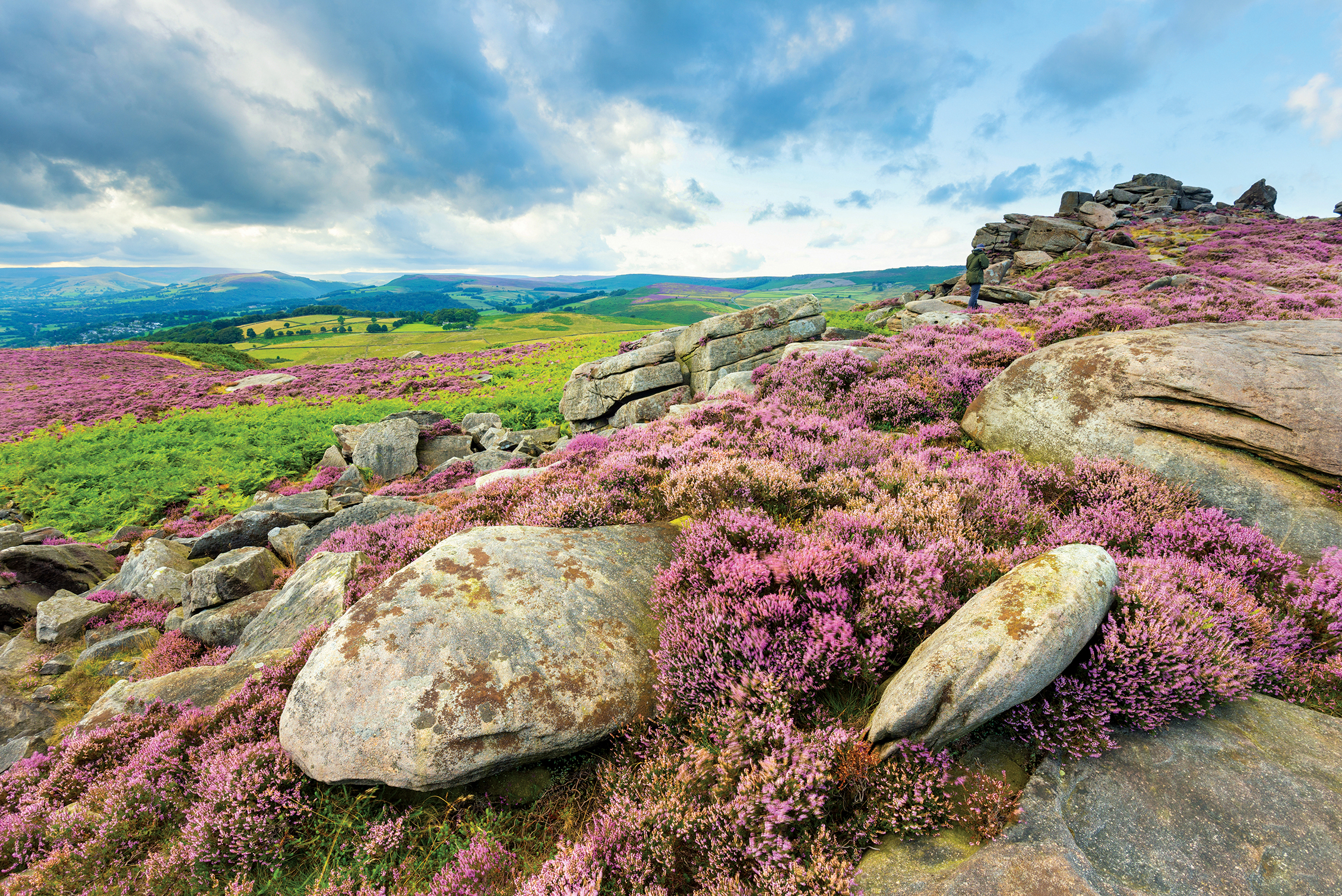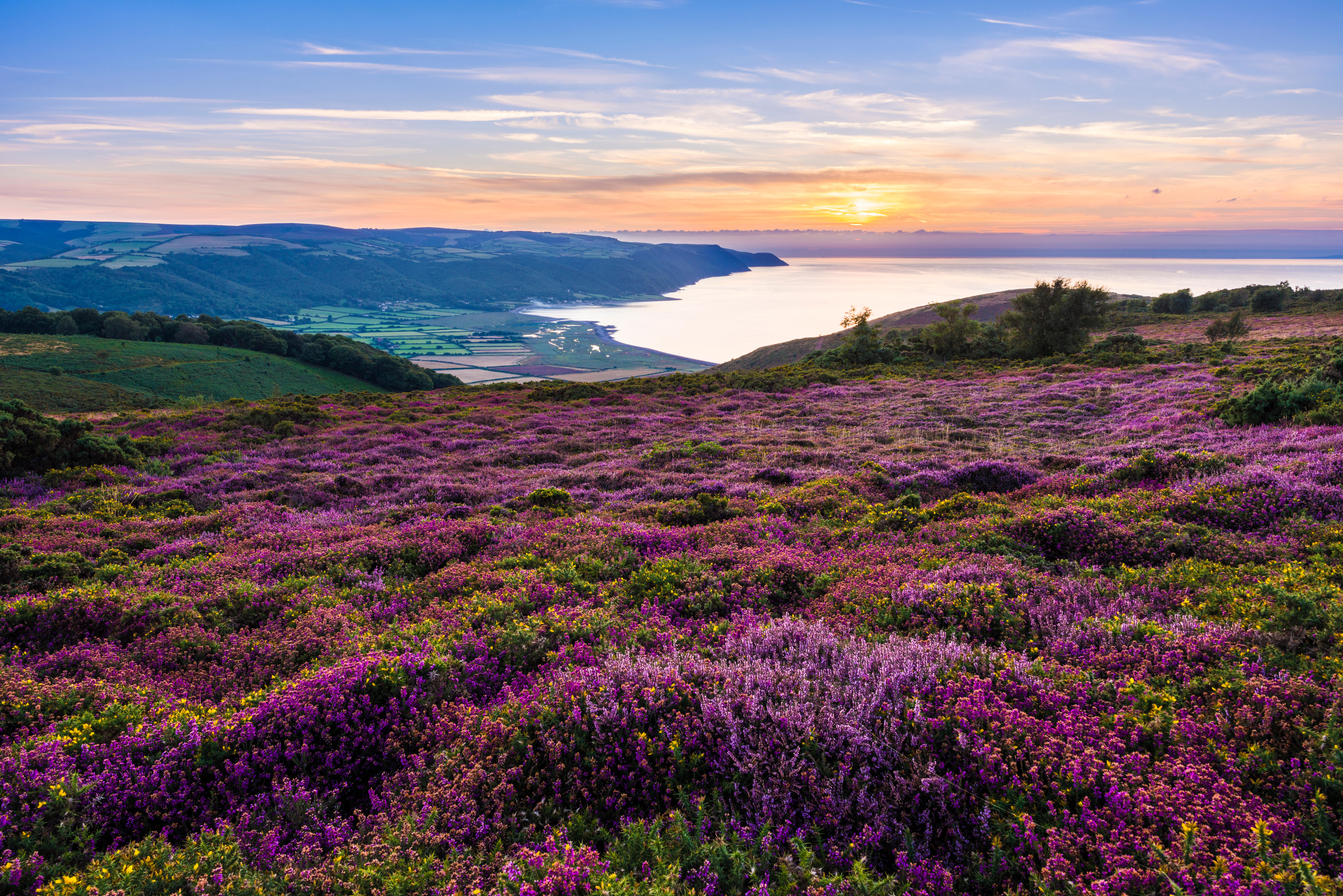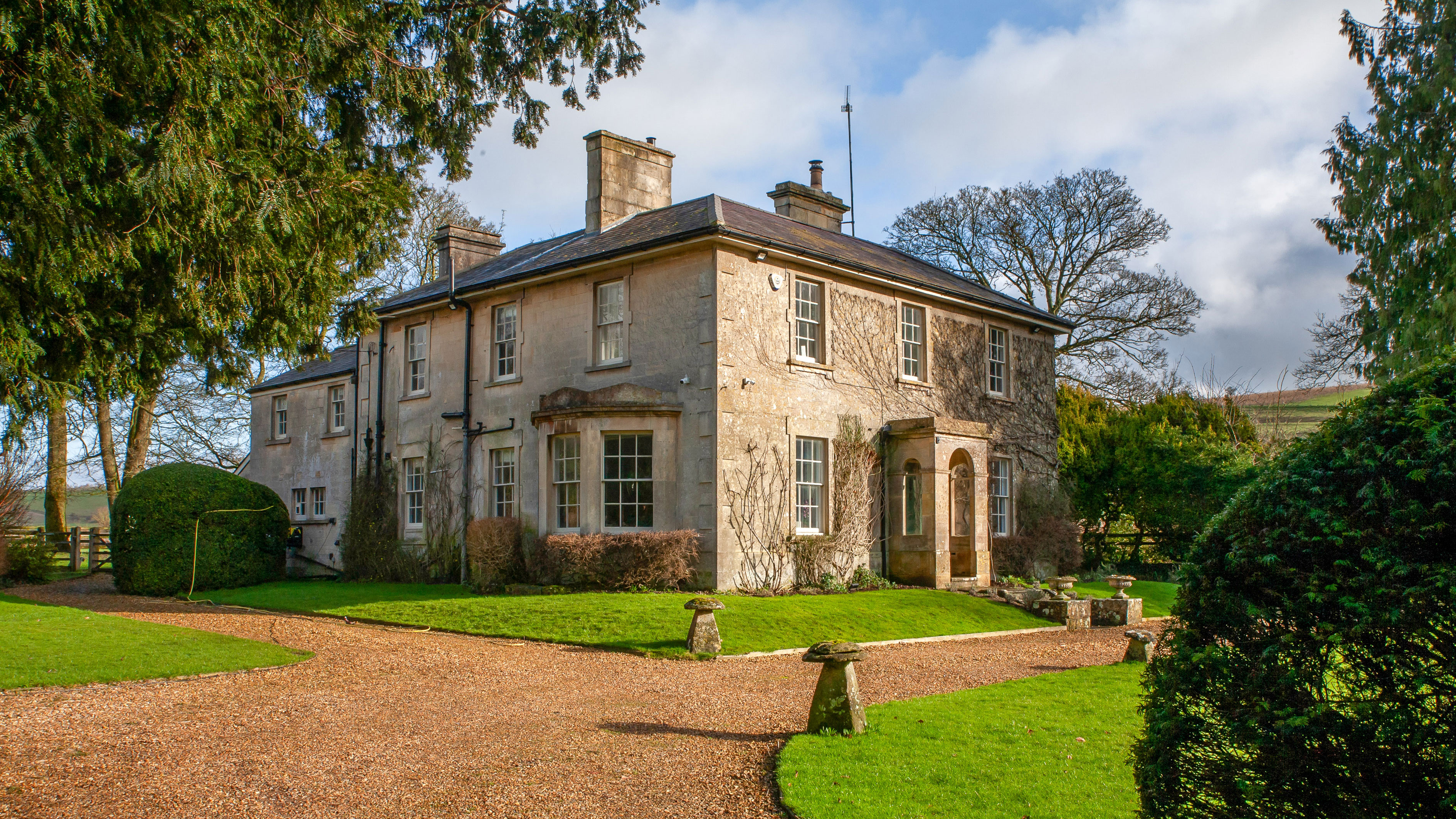Heather burning hiatus ignites great debate: Is burning heather moors counter-productive, or does it stop them becoming a 'timebomb'?
The lockdown across the UK has put a stop to heather burning — and while some are delighted and relieved, others fear it could cause more trouble than it prevents. James Fisher delves deeper.


The burning of heather on moorlands is a casualty of coronavirus, as the Moorland Association (MA) and some major landowners have banned the practice in recent weeks. In a statement released to its members, the MA said: ‘Due to the current weather conditions, concerns over Covid-19 linked respiratory issues and the overstretched status of our emergency services fighting the virus, the Moorland Association has asked its members to put any planned controlled burning on hold.’
In addition, routine burning is now paused on 34 tracts of land owned by United Utilities, the National Trust and Yorkshire Water across Derbyshire, Lancashire and Yorkshire.
The move comes after a fire in West Yorkshire, on the Trust’s Deer Hill reservoir in Marsden, took the fire brigade days to extinguish. Amanda Anderson, director of the MA, said: ‘Controlled burning is an important tool in managing our moorlands when used in the right place at the right time. This is not the right time.’
Covid-19 has sparked fresh debate on heather burning and its impact on flora, fauna and the peat bog below. Opponents of the practice say that burning damages fragile ecosystems, releases harmful greenhouse gases, damages peatland and causes flooding and wildfires.
'Not only does burning tie up emergency services, but it isn’t actually creating more resilient moorlands' — Guy Shrubsole, Friends of the Earth
‘It was particularly interesting that the MA came out and asked members to stop burning because of the threat of wildfire,’ says Guy Shrubsole, a spokesperson for Friends of the Earth. ‘To me, it seemed like an admission that the chances of wildfires are increased by heather burning. I would hope that they would abide by that in future.
‘Not only does burning tie up emergency services, but it isn’t actually creating more resilient moorlands. We need to be making peat bogs wetter rather than drying them out,’ Mr Shrubsole adds.
‘I would hope the ban is permanent, but I imagine private estates will continue burning despite this. If there are estates that go against advice, it underlines why a voluntary approach just doesn’t work.’
Exquisite houses, the beauty of Nature, and how to get the most from your life, straight to your inbox.
Despite the MA’s call to cease burning, last week, the Durham Fire Brigade were called to investigate a fire, which turned out to be a controlled burn, suggesting that not all landowners are following the advice.
Environment minister Zac Goldsmith has repeatedly said that the Government is looking into bans on burning moorland heather, but, so far, there has been little detail.
'[The National Trust] moors are a timebomb. They could go off any day' — Geoff Eyre, moorland manager
The MA and landowners have often disagreed about the impact of heather burning, especially its environmental impact. In a briefing in January this year, the MA said: ‘The process of burning small areas of heather removes the older growth and allows the plants to regenerate. New heather, mosses and grass shoots follow, and these, together with the flush of plants, such as bilberry or blueberry, are key food for a variety of moorland birds and animals.’
The briefing also says burning only occurs ‘when and where it is necessary’, and that it prevents wildfires by reducing fuel loads. It points out that ‘fire chiefs in Scotland, England and Wales have also recently endorsed the use of controlled burning as a means of combating wildfires’.
Geoff Eyre, who has been managing moorland in the Peak District for some 60 years, is equally sceptical about potential legislation on banning burning. Speaking to Country Life, he says that, in ‘the past three years, the National Trust has lost more heather and land [to wildfires] than I would have ever burnt in hundreds of years’.
He adds: ‘They’re a bit short-sighted in what they’re doing. You could walk on those moors for miles and miles in long heather. They’re creating major fire hazards. They think it’s ethical, but burning is the best tool for biodiversity and stopping wildfires. Their moors are a timebomb. They could go off any day.
‘It’s not about grouse. I don’t burn for grouse, we burn to keep the moor safe from fires. It also encourages many other species that wouldn’t be there if the moor burnt out.’

Credit: Alamy
A moorland splashed with heather makes our hearts leap — so why don't we grow it any more?
Charles Quest-Ritson looks at how heather has gone out of fashion — and wonders what we can do about it.

James Fisher is the Digital Commissioning Editor of Country Life. He writes about motoring, travel and things that upset him. He lives in London. He wants to publish good stories, so you should email him.
-
 A Georgian farmhouse that's an 'absolute gem' in an ancient village on Salisbury Plain
A Georgian farmhouse that's an 'absolute gem' in an ancient village on Salisbury PlainJulie Harding takes a look at the beautiful West Farm in a gorgeous Wiltshire village.
-
 Can you guess the landmark from its gingerbread copy cat? Take our quiz
Can you guess the landmark from its gingerbread copy cat? Take our quizToday's quiz takes a detailed look at the gingerbread works on display at London's The Gingerbread City — and asks if you can guess which iconic landmark they are.